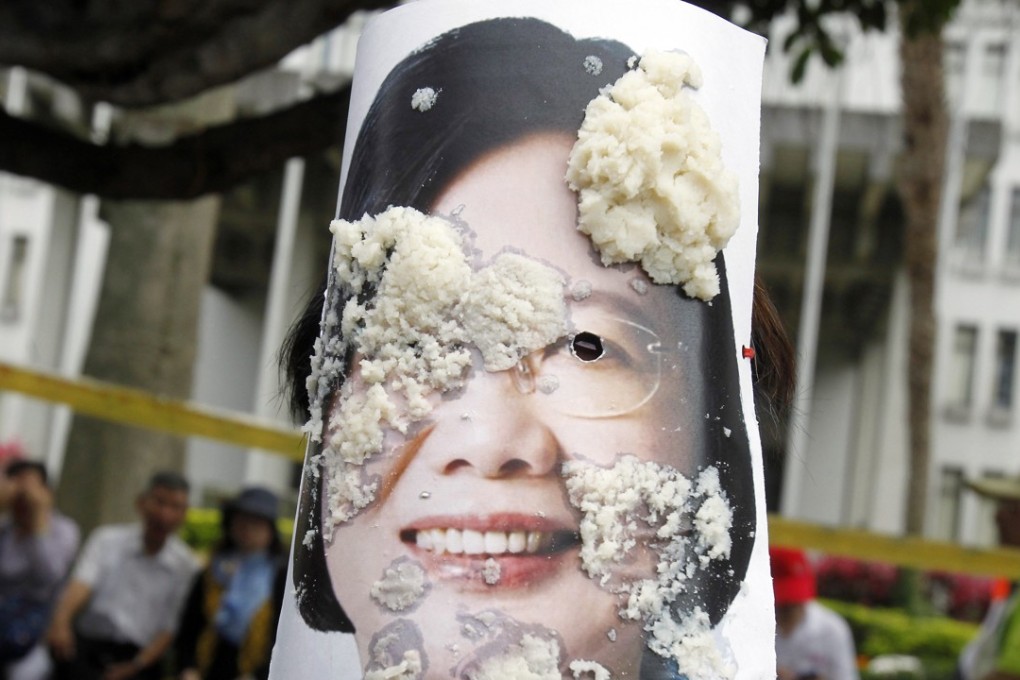Beijing cuts number of students allowed in Taiwan
Private universities to take biggest hit but drop won’t affect government colleges

Beijing has halved the number of mainland students allowed to study in Taiwan this year amid growing cross-strait tensions.
Observers said the situation was expected to worsen, with no signs of progress between the mainland and the island.
Beijing, which sees the self-ruled island as a breakaway province subject to eventual union, suspended dialogue and exchanges with Taipei shortly after Tsai Ing-wen of the independence-leaning Democratic Progressive Party became the island’s president in May last year. Tsai has refused to acknowledge the one-China policy, which Beijing insists is a political basis for talks.
Taiwan’s University Entrance Committee for Mainland Chinese Students said on Monday that mainland educational authorities had approved 1,000 students to study on the island this year, down from 2,136 last year.
The cut is not expected to have a big impact on government-run universities, which each offer just five places for mainland students. But the fallout will be felt at popular private universities like Tamkang University, where mainland enrolments will halve to 64.